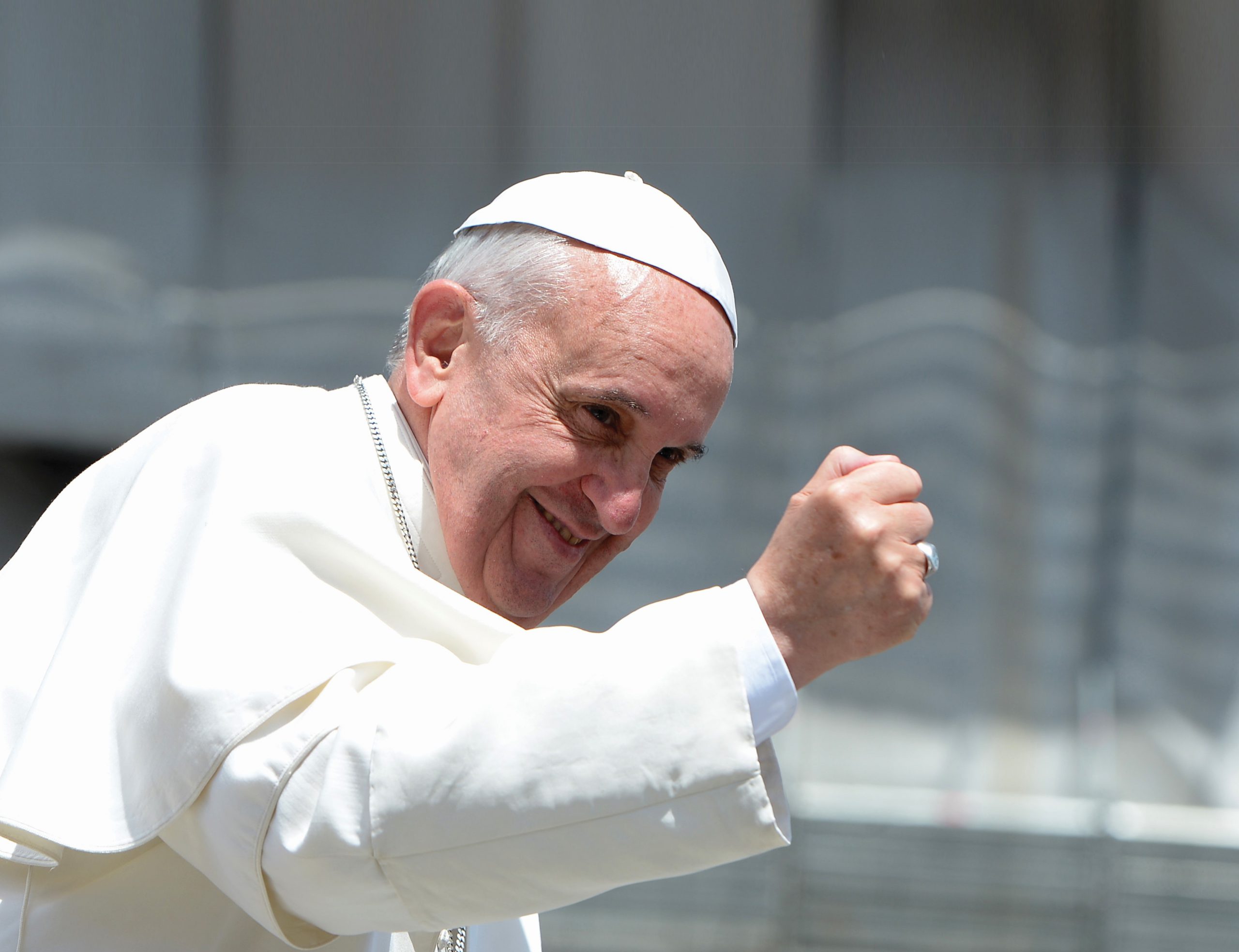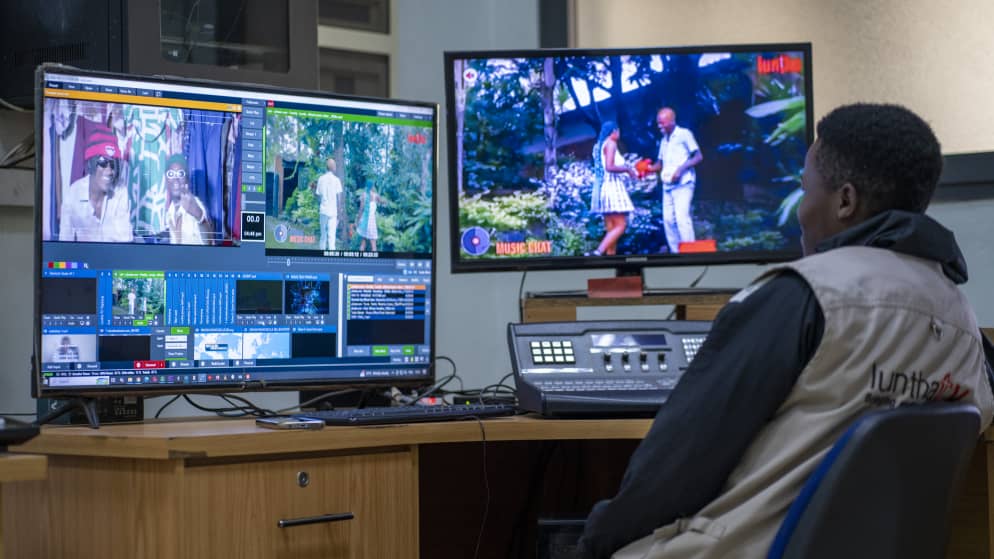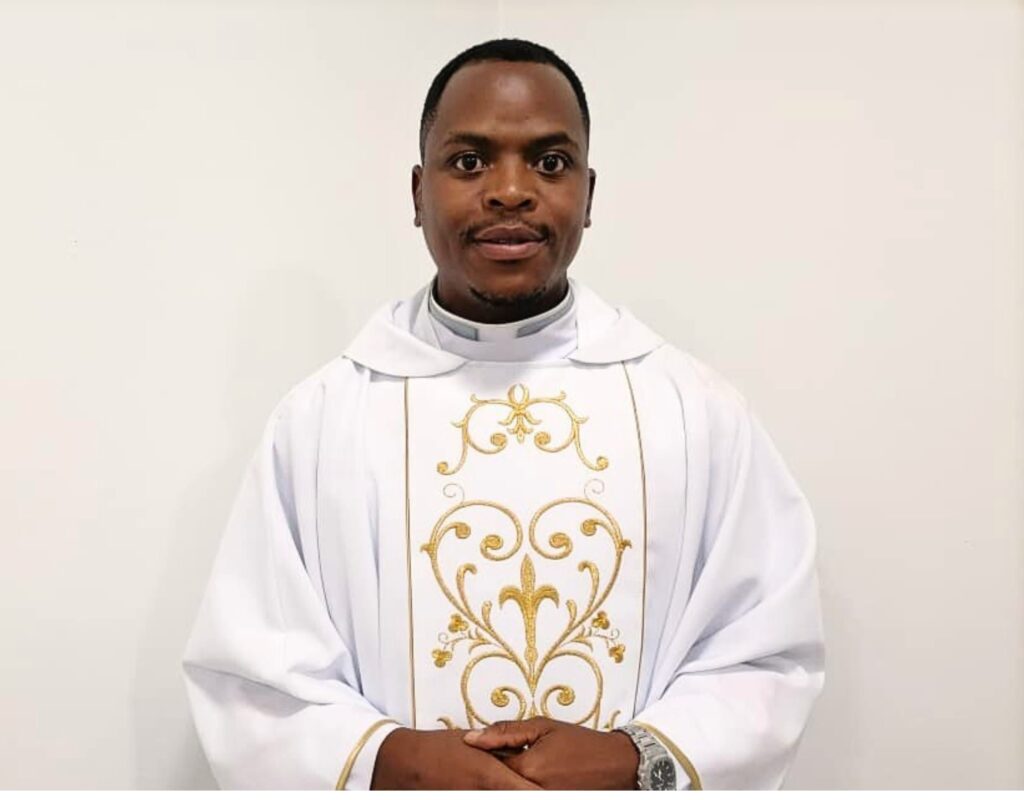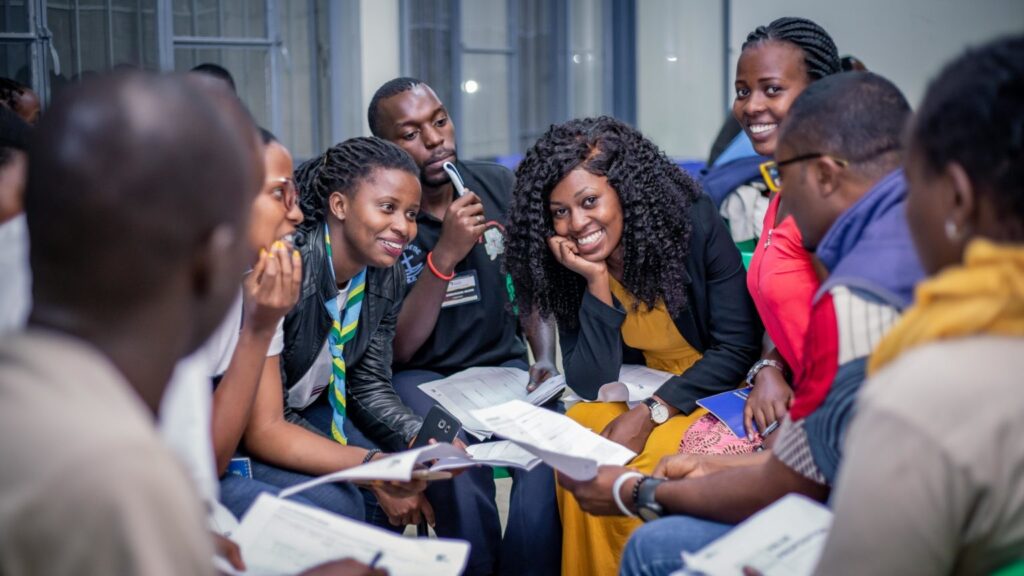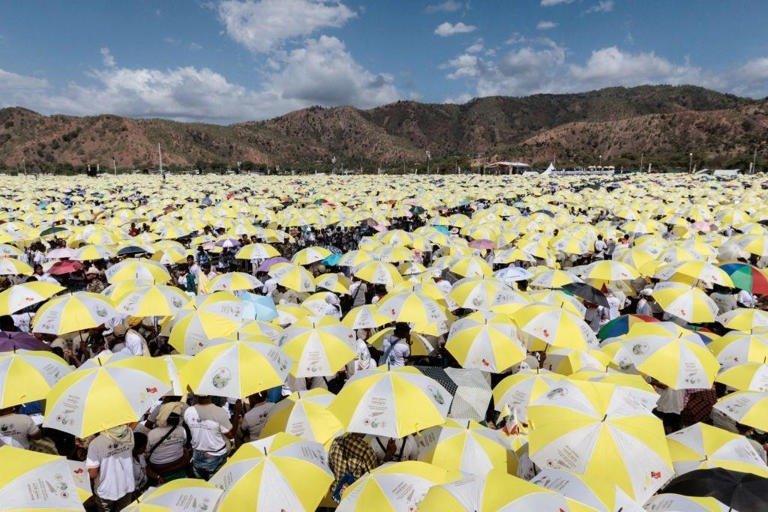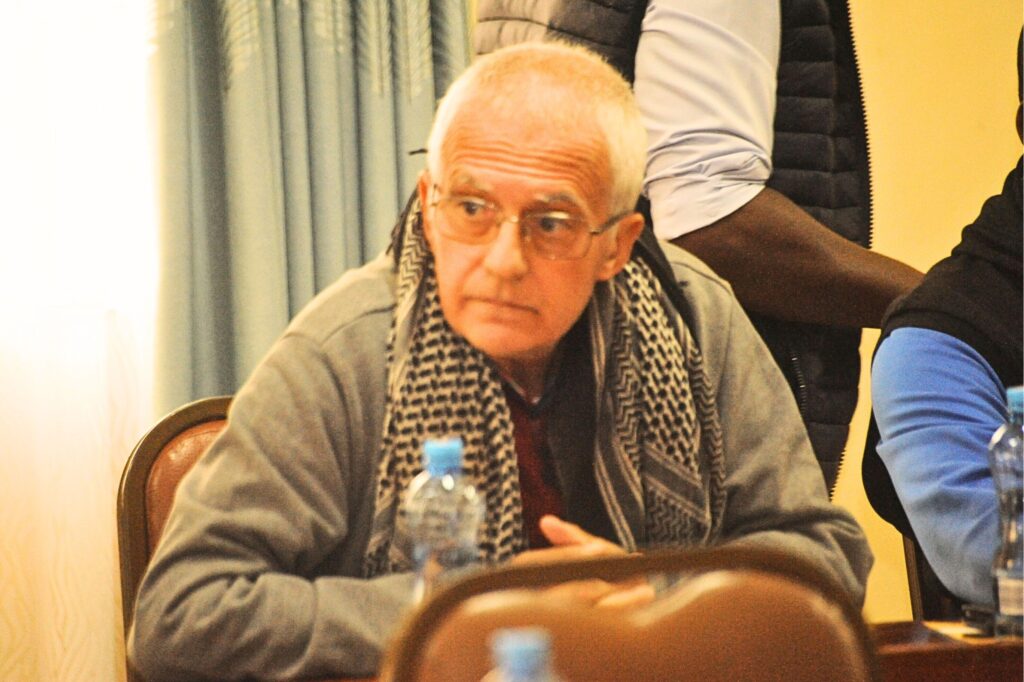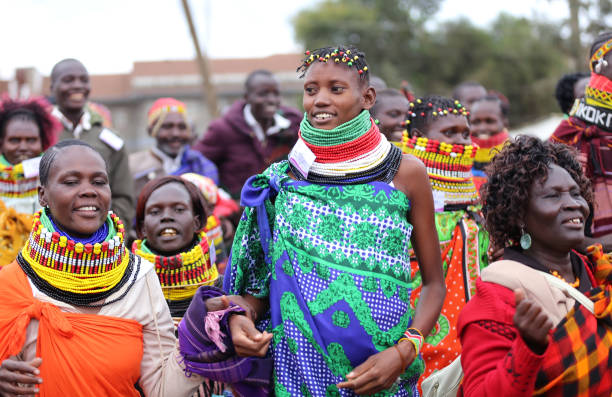What is it? Is it going to all peoples to bring them into a set of beliefs and lifestyles, or to build specific relationships with everybody and everything? If we understand that truly God is a relationship and wants a relationship with humanity, the answer is obvious: the relationships we create in this world mirror, in some way, the relationship in the Godhead itself.
By Stefano Giudici, Mccj
Traditionally, in the Catholic Church, October is the missionary month, marked by the celebration of the World Mission Sunday. It is a reminder of the fact that our faith is strictly linked to our being missionaries. It is also a fact, however, that ‘mission’ has become one of the most used, misused, and abused terms.
We have the cinematic series of impossible missions, the secret missions of intelligence, the humanitarian missions of NGOs, the rescue missions of special forces, the evangelical mission of countless missionaries… Mission is and remains a problematic concept: it can be understood differently (history proves it) and misunderstood easily.
The problem is that mission implies the idea of a task to fulfil, approaching others with a predetermined plan of action, already knowing what we want to do with them, and how they should respond and behave to fit in the mission objectives. Such an approach creates a huge problem and, ultimately, a great imbalance in relationships.
 In fact, we tend to approach the other because of the mission we have received. We incline to build relationships based on the mission we have to fulfil, which means that the agent of the mission will always be in an upper position, compared to the beneficiaries of the mission.
In fact, we tend to approach the other because of the mission we have received. We incline to build relationships based on the mission we have to fulfil, which means that the agent of the mission will always be in an upper position, compared to the beneficiaries of the mission.
This way of being reveals a culture fundamentally focused in obtaining from others what the fulfilment of prefixed goals demands, with the possible dramatic consequence that we discard what – or the person who – is not needed anymore, does not contribute to the fulfilment of the mission, or becomes an obstacle to the mission itself. For capitalism, it is the exploitation of people and resources; for religion – all too often, alas! –, it is a forced imposition of beliefs and styles of life.
Should it not be exactly the opposite? We should not build relationships (or discard them) on the basis of the mission we have, but the mission is unfolded and fulfilled according to the relationships we are able and willing to build and care for. The focus is on relationships: they come first, while the ‘doing’ comes only consequently. In fact, the quality of my and our doing will depend heavily on the quality of the relationships existing in our communities, whether religious, Christian, or civic. After all, does not becoming disciples mean precisely entering into a new relationship with God revealed in Jesus of Nazareth and joining in the living community of all those who have taken, or will take, this path?
In his revolutionary Encyclical Letter Laudato si’ (2015), Pope Francis reminds us of a truth that, in the deepest part of ourselves, we already know: “everything is connected” (no. 117, 138). Relationships lay at the foundation of the universe. Every created being, human and non-human, is interrelated and exists because of, and thanks to, others. It is the fundamental principle of Ubuntu philosophy: “a person is a person through others”. Hence, others can never become the object of our mission, but they and we are always called to become aware of the connections, already existing among us, and develop them in communion with Jesus Christ. It is the movement from dominance to interdependence, the constant conversion from selfish desire of independence and autonomy to awareness of interconnection. It requires, as Francis says, a ‘cultural revolution’: “We need to slow down and look at reality in a different way […] to recover the values and the great goals swept away by our unrestrained delusions of grandeur”. Such revolution, I believe, is even more required in our faith and mission.

